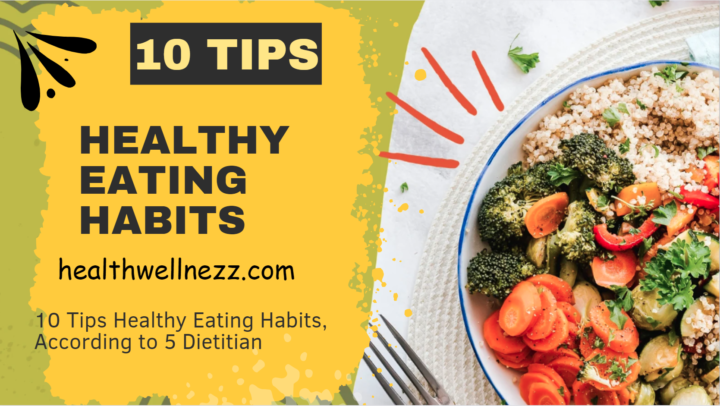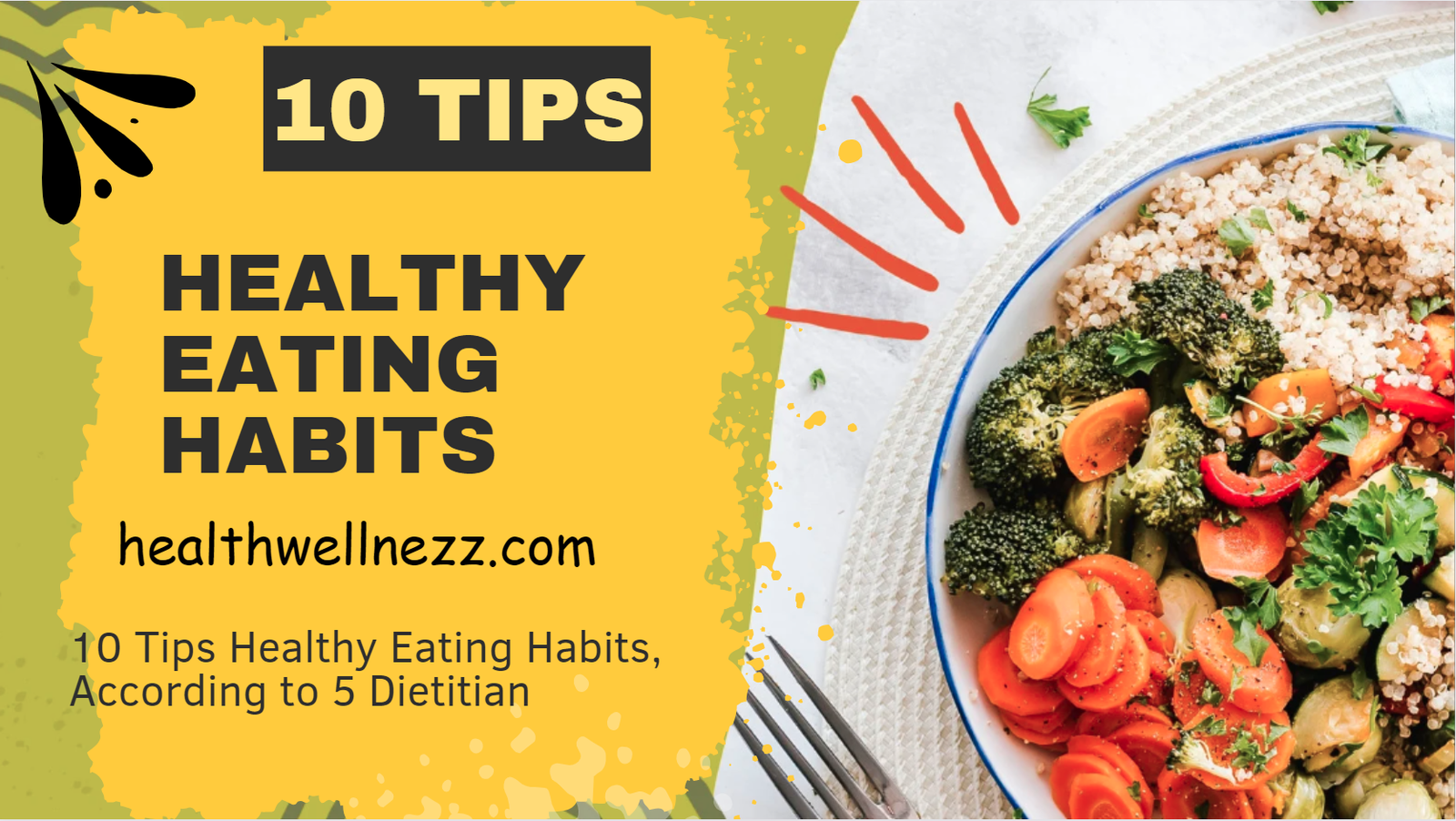In our daily quest for a healthier lifestyle, we often find ourselves tangled in a web of misinformation about what we should and shouldn’t eat. It’s time to shed light on the truth by debunking some of the most persistent myths about food. Let’s separate fact from fiction and empower ourselves to make informed choices for a healthier and happier life.
Facts and myths about food

-
Myth: Carbs are the Enemy
- Fact: One of the enduring myths about food is that carbs are the enemy. However, the truth is that carbohydrates are a crucial energy source for our bodies. The key is to choose complex carbs like whole grains, fruits, and vegetables, rather than simple sugars found in processed foods.
-
Myth: Skipping Meals Leads to Weight Loss
- Fact: Another prevalent myth about food is that skipping meals can lead to weight loss. However, this approach can slow down your metabolism and set the stage for overeating later. Opting for smaller, balanced meals throughout the day is a better strategy.
-
Myth: All Fats Are Bad
- Fact: A common misconception is that all fats are bad. The truth is that healthy fats, like those in avocados and nuts, are essential for your body. It’s the trans fats and excessive saturated fats you need to watch out for.
- Myth: Organic Means Always Healthier
- Fact: There’s a widespread belief that organic equals healthier. While organic foods often have fewer pesticides, it’s crucial to recognize that being labeled as “organic” doesn’t automatically make a food item healthier. Nutrient content still varies.
-
Myth: Gluten-Free Equals Healthy
- Fact: In the realm of myths about food, the gluten-free craze has gained momentum. For those with gluten sensitivity or celiac disease, a gluten-free diet is essential. However, for others, there’s no added health benefit, and some gluten-free products may lack essential nutrients.
- Myth: Eating Late at Night Causes Weight Gain
- Fact: A frequently heard myths about food is that eating late at night causes weight gain. However, it’s not about when you eat but what you eat. Late-night snacks can be part of a healthy diet if they’re balanced and not excessive.
- Myth: Detox Diets Cleanse Your Body
- Fact: Detox diets have become popular, but it’s crucial to understand that your body has its own detox system – the liver and kidneys. Detox diets may not be as effective as they claim and can sometimes be harmful.
-
Myth: All Protein Bars are Healthy
- Fact: The myths about food that all protein bars are healthy is misleading. While protein bars can be convenient, not all are created equal. Some are packed with added sugars and artificial ingredients. Read the labels carefully.
- Myth: Fresh Produce is Always Better Than Frozen
- Fact: Dispelling the myth that fresh is always better than frozen is important. Frozen fruits and vegetables can be just as nutritious as fresh ones. They are often flash-frozen at their peak, preserving their vitamins and minerals.
-
Myth: All Juices are Healthy
- Fact: Another prevalent myths about food is that all juices are healthy. Many commercially available juices are high in added sugars and lack the fiber found in whole fruits. Opt for fresh, homemade juices or better yet, eat the whole fruit.
Also Read: Lemon Water Benefits: Uses, Health Benefits and Side Effects
In the journey toward a healthier lifestyle, it’s important to distinguish between fact and fiction. By ignoring these 10 common myths about food, you can make more informed choices and create a sustainable, nutritious diet that works for you.
Remember, health is a marathon, not a sprint, and your choices should be based on reliable information. So, say goodbye to these myths and pave the way for a happier, healthier you.
frequently asked questions

-
Is eating healthy expensive?
- Some people think that eating healthy costs a lot, but that’s not entirely true. You can eat well without spending too much money. Here are some easy ways to do it:
- Eat Real Foods: Foods like fruits, veggies, whole grains, and lean meats are good for you and usually not too pricey.
- Buy in Big Amounts: Get things like rice, oats, beans, and frozen veggies in big packs. It can save you money in the long run.
- Plan Your Meals: Think about what you want to eat for the week and make a list before you go shopping. This way, you can avoid buying things you don’t need.
- Cook at Home: Making your own meals is often cheaper than eating out or buying pre-made food. You get to choose what goes into your dishes.
- Get Seasonal and Local Stuff: Fruits and veggies that are in season and come from nearby can be cheaper and fresher.
- Frozen is Fine: Frozen fruits and veggies are usually cheaper than fresh ones and last longer.
- Look for Deals: Check different stores for prices and go for sales or discounts.
- Easy Snacks: Instead of buying expensive snacks, try making your own at home. It’s fun and saves money.
- Limit Packaged Foods: Processed foods are not only less healthy but can also cost more. Stick to simple, whole foods.
- More Plants: Beans, lentils, and tofu are good protein sources that don’t cost a lot.
- So, you see, eating healthy doesn’t have to break the bank. With a bit of planning and smart choices, you can keep both your health and your wallet in good shape.
- Some people think that eating healthy costs a lot, but that’s not entirely true. You can eat well without spending too much money. Here are some easy ways to do it:
-
Why junk food is so cheap?
- Why is junk food so cheap?
- Junk food seems cheaper because the ingredients in it cost less to make. They use things like sugars, fats, and processed grains, which are not as expensive as fresh and healthy foods.
- Also, junk food is made in big amounts, so it’s faster and costs less to produce each unit. It can stay on shelves for a long time because it has preservatives, which also helps keep the cost down.
- Sometimes, the government gives money to farmers for growing certain crops. These crops, like corn and soybeans, are used in junk food, making it even more affordable.
- Junk food brands spend a lot on advertising and promotions, making it look like a good deal with discounts and special offers.
- Even though junk food might seem like a cheap and quick choice, it’s important to know that it can lead to health problems in the long run. Choosing healthier foods may seem a bit more expensive, but it’s like an investment in your health, which can save you money on medical costs later on.
-
What’s the most unhealthy food?
- Figuring out the absolute worst food is tough because it depends on things like how much you eat and your health. But some foods are generally not so good for you:
- Figuring out the absolute worst food is tough because it depends on things like how much you eat and your health. But some foods are generally not so good for you:
- Fried Foods: Stuff like French fries and fried chicken can be bad because they soak up lots of unhealthy fats and extra calories during cooking.
- Sugary Drinks: Things like sodas and some fruit juices have a ton of added sugars, which can make you gain weight and lead to health problems like diabetes.
- Packaged Snacks: Many snacks you buy, like chips and cookies, often have too much added sugar, bad fats, and fake stuff in them.
- Certain Fast Food: Some fast food, especially if it’s high in bad fats, sodium, and calories, can cause health issues if you eat it a lot.
- Processed Foods: Foods with lots of additives, preservatives, and fake ingredients, usually found in packaged foods, might not be great for your health if you eat them too much.
- Remember, it’s not just about one food. Eating a mix of fruits, veggies, whole grains, lean meats, and healthy fats is a better way to stay healthy. And if you’re not sure, talking to a doctor or a nutrition expert can help.
-
Which fruit we Cannot eat?
- Generally, there are very few fruits that are outright harmful to eat. However, some fruits may cause allergic reactions in certain individuals. It’s crucial to be aware of any personal allergies or sensitivities. Here are a few examples of fruits that may cause issues for some people:
- Durian: Known for its strong odor, durian is a tropical fruit that people either love or dislike intensely. Some areas and public transportation systems ban durian because of its smell, but it’s not harmful to eat.
- Jackfruit: While jackfruit is safe for most people, some might be allergic to it. Allergic reactions are rare, but individuals with birch pollen allergies might be more prone to jackfruit allergies.
- Ackee: This fruit is native to West Africa but is also found in the Caribbean. If not prepared properly, ackee can contain toxins that may cause vomiting and other adverse effects.
- Certain Berries: Some people may be allergic to berries like strawberries or raspberries. Additionally, there are toxic berries in the wild that should be avoided.
- Bael Fruit Seeds: While the pulp of the bael fruit is commonly consumed, the seeds contain toxins and should not be eaten.
- Always be cautious about any known allergies or adverse reactions you may have. If you have concerns about a specific fruit, it’s a good idea to consult with a healthcare professional. In general, a diverse and balanced diet that includes a variety of fruits can contribute to overall health.
- Generally, there are very few fruits that are outright harmful to eat. However, some fruits may cause allergic reactions in certain individuals. It’s crucial to be aware of any personal allergies or sensitivities. Here are a few examples of fruits that may cause issues for some people:
-
What fruits Cannot be mixed?
- Mixing fruits is generally safe and healthy, but some people believe in food combining, which suggests that certain fruits shouldn’t be eaten together. While there isn’t solid scientific evidence to support strict rules about fruit combinations, some individuals find that certain pairings may cause mild digestive discomfort for them. Here are a few considerations:
- Citrus with Sweet Fruits: Some people avoid combining citrus fruits like oranges or grapefruits with sweet fruits like bananas or melons. This belief is based on the idea that the acidity of citrus fruits may hinder the digestion of sweet fruits. However, many people happily eat fruit salads combining various fruits without any issues.
- Acidic Fruits with Milk: There’s a common notion that acidic fruits, such as oranges or pineapples, should not be mixed with milk or dairy products. Some believe this combination can cause digestive issues. However, many enjoy fruit smoothies that include both acidic fruits and dairy without experiencing problems.
- Melons with Other Fruits: Some individuals prefer not to mix melons with other fruits, suggesting that melons digest faster and combining them with slower-digesting fruits might cause discomfort. However, many people enjoy fruit salads that include melons alongside other fruits.
- Bananas with Acidic Fruits: There’s a belief that bananas should not be eaten with acidic fruits due to potential digestive disturbances. However, this isn’t universally experienced, and many people consume banana and citrus together without any issues.
- It’s important to note that these guidelines are not based on rigorous scientific evidence, and different individuals may have different digestive responses. For most people, mixing fruits is a healthy and enjoyable way to get a variety of nutrients. If you have concerns or experience digestive discomfort, it’s always a good idea to consult with a healthcare professional for personalized advice.
- Mixing fruits is generally safe and healthy, but some people believe in food combining, which suggests that certain fruits shouldn’t be eaten together. While there isn’t solid scientific evidence to support strict rules about fruit combinations, some individuals find that certain pairings may cause mild digestive discomfort for them. Here are a few considerations:
-
Which fruit is best on empty stomach?
- Eating fruits on an empty stomach is a healthy habit that provides a quick and easily digestible source of nutrients. While there’s no single “best” fruit for everyone, here are a few fruits that many people find beneficial when consumed on an empty stomach:
- Bananas: They are easy to digest and rich in potassium, which is good for heart health. Bananas can provide a quick energy boost.
- Watermelon: With high water content, watermelon is hydrating and refreshing. It also contains vitamins and antioxidants.
- Papaya: Papayas are rich in digestive enzymes like papain, making them easy on the stomach and aiding digestion.
- Berries: Strawberries, blueberries, raspberries, and blackberries are packed with vitamins, antioxidants, and fiber.
- Kiwi: Kiwi is a nutrient-dense fruit that provides vitamin C, vitamin K, and fiber. It’s also known for its digestive benefits.
- Apples: Apples are a good source of fiber and can help with digestion. They are also low in calories.
- Pineapple: Pineapple contains bromelain, an enzyme that aids in digestion. It’s also rich in vitamin C and manganese.
- Remember that individual preferences and tolerances vary, so it’s essential to choose fruits that you enjoy and that agree with your digestive system. Eating a variety of fruits ensures a diverse range of nutrients. Additionally, consider any personal allergies or sensitivities you may have when selecting fruits for consumption on an empty stomach.
- Eating fruits on an empty stomach is a healthy habit that provides a quick and easily digestible source of nutrients. While there’s no single “best” fruit for everyone, here are a few fruits that many people find beneficial when consumed on an empty stomach:








